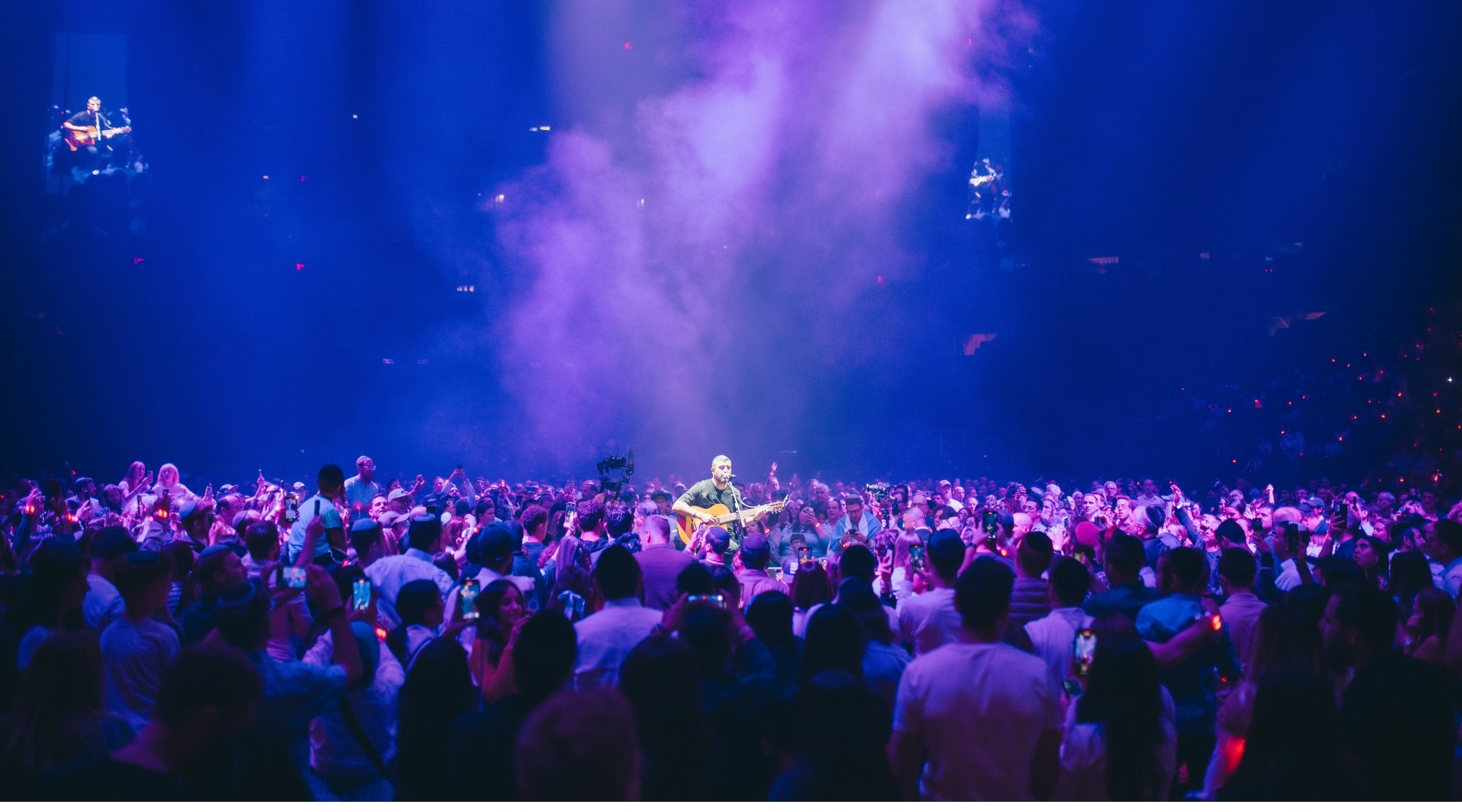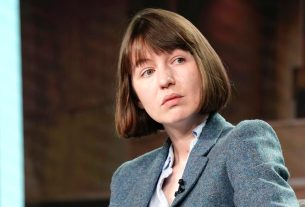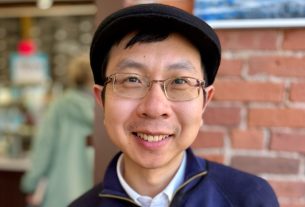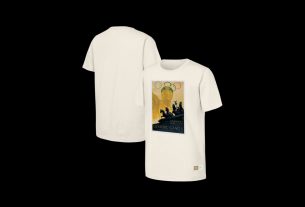An Orthodox Jewish music festival will take place in Bethel, New York in August — at the very same location where the iconic Woodstock Music & Art Fair took place in August of 1969.
Called Yamim Ba’im, or “The Coming Days,” the four-act, family-friendly outdoor concert will occur at the Bethel Woods Center for the Arts on Thursday, August 7.
The venue, whose Pavilion Amphitheater and lawn seats 16,000, will host some of the biggest names in Jewish music, with Orthodox Israeli superstar Ishay Ribo as the headliner with Avraham Fried, Zusha and Shmuel as supporting acts.
Despite the history that has grown around the original, era-defining “Aquarian Exposition,” that’s not quite what brings Yamim Ba’im to the site.
“When people hear ‘Bethel Woods,’ some think of Woodstock, but that’s not the story we’re telling,” Davidi Crombie, a publicist for Ribo, told the New York Jewish Week. “We’re not echoing that legacy. We’re creating a new one. A Jewish story. A concert of faith, community, and cultural pride, with no associations to that past. It’s a different language, a different light.”
Billed as “a landmark evening of unity,” the event takes its name from a 2017 single by Ribo, “Hine Yamim Baim,” whose lyrics come from the Book of Amos, and refers to a prophecy about an impending spiritual famine.
“This concert is groundbreaking, not just because of where it’s happening, but because of what it represents,” Crombie said. “We’re taking Jewish music to a scale and stage it has never reached before. Bethel Woods is the beginning of a new chapter. Yes, it’s still an Ishay Ribo concert, but with a broader canvas. There’s room here for collaboration, for open skies, for thousands to gather and feel part of something historic.”
Ribo, one of the biggest artists in Jewish music, was the first Israeli to headline Madison Square Garden back in 2023, and he played the storied venue again the following year. Ribo has garnered wide appeal among legions of Jews and Israelis for blending religious-themed lyrics with pop melodies.
“The concert showcased the ways in which Ribo has broken the mold at a time of increasing religious stringency in Orthodox communities,” (JR)’s Philissa Cramer wrote about Ribo’s record-making first MSG show. “All of Ribo’s songs exalt God, with many featuring lyrics ripped straight from Jewish prayers, but the music is decidedly rock and roll; Ribo has cited Coldplay, a band he heard while riding the bus to his haredi yeshiva in Israel, as an inspiration.”
Hasidic duo Zusha performing in 2019. (Wikimedia Commons)
The Hasidic folk rock-turned-electric music band Zusha, now a duo that consists of Shlomo Gaisin and Zachariah Goldschmiedt, blends Hasidic nigunim, or melodies, with jazz, reggae and EDM influences. Many of their lyrics are drawn from psalms, like “Mizmor,” taken from Psalm 23, and a cover of the liturgical song “Lecha Dodi,” sung with Ribo. Their music videos frequently include Gaisin and Goldschmiedt making percussive sounds with everyday objects like boxes of pasta, bicycle wheel spokes or dried leaves.
Singer Avraham Fried, who is also known for his blending of pop music melodies with Jewish themes, has also performed with Ribo, notably at Madison Square Garden, where the two sang “Avinu Malkeinu,” the prayer sung on Yom Kippur.
Shmuel Perednik, known by the mononym “Shmuel,” is an Israeli singer whose career began in 2015 when he participated in a televised haredi singing contest called “Hakol Haba,” or “The Next Voice,” making it to the final round.
Taken as a whole, concert-goers can expect spiritual sounds at Yamim Ba’im, which takes place on the Thursday after Tisha B’Av, the Jewish fast day that mourns the destruction of the Temples in Jerusalem and other tragedies that befell the Jewish people. The following Shabbat, known as Nachamu (“Comfort”), is typically uplifting and musical.
Bethel Woods boasts a rich Jewish history: The site was a dairy farm owned by Jewish immigrant and farmer Max Yasgur, who in 1969 agreed to host “3 Days of Peace & Music” after the festival’s original site near Woodstock fell through.
Nearly half a million people are estimated to have attended the festival, which was organized by John P. Roberts and the Jewish impresarios Michael Lang, Artie Kornfeld and Joel Rosenman. Featuring acts like Joan Baez, The Grateful Dead, Creedence Clearwater Revival, Janis Joplin, The Who, Jefferson Airplane, Joe Cocker, Jimi Hendrix and Crosby, Stills, Nash & Young, Woodstock became a watershed event in the countercultural movement of the late 1960s.
This history is reflected in the event’s promotional materials. “The festival brings together Jewish voices on the same iconic hillside where music once shaped a generation,” an FAQ on the Yamim Ba’im website reads. “Now, that hill will echo with Jewish soul and song in a warm, family-friendly atmosphere.”
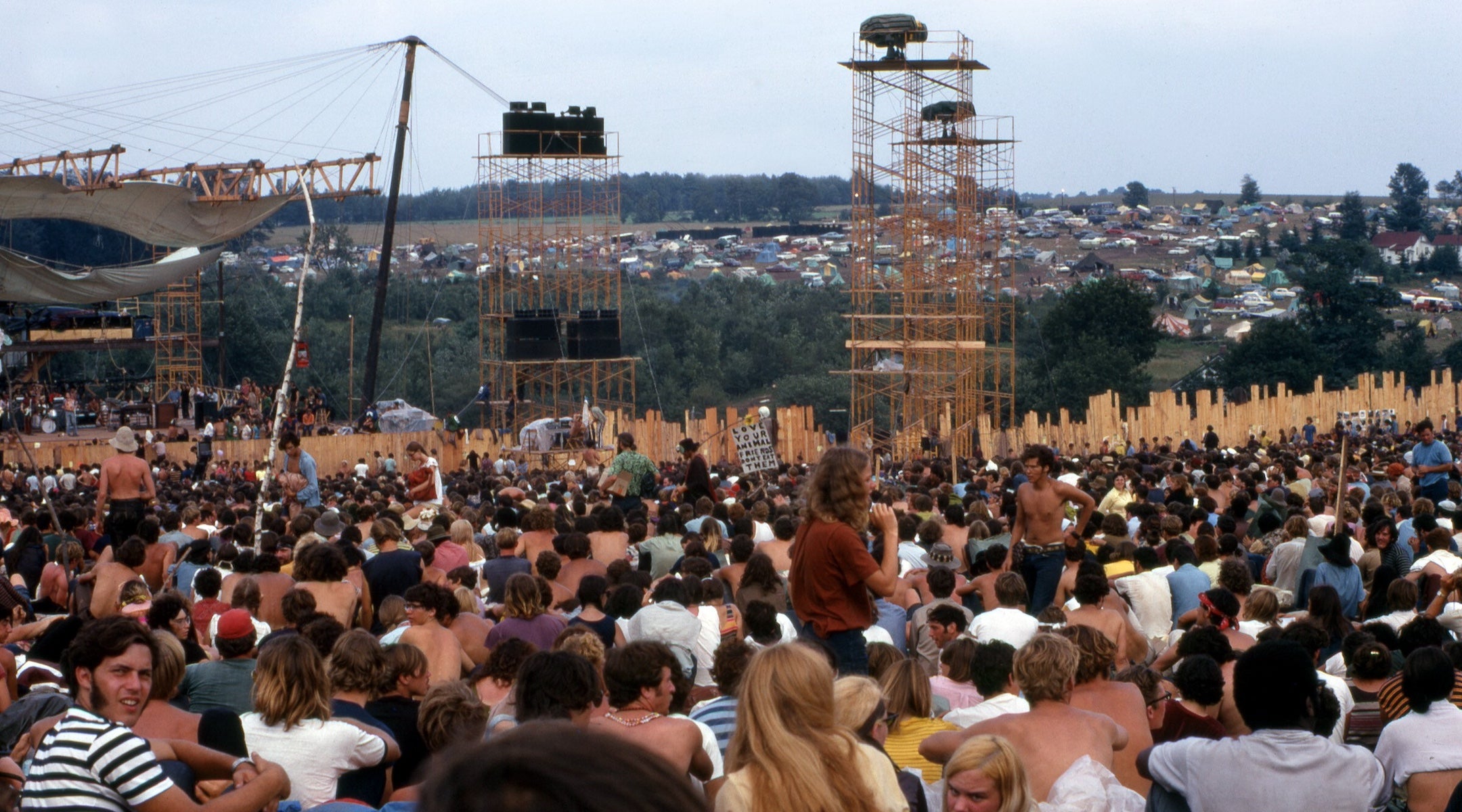
A crowed of thousands listens to Joe Cocker at the original Woodstock Music & Art Fair in Bethel Woods, New York, Aug. 17, 1969. (Wikipedia)
Crombie emphasized the similarities, and the differences.
“While Yamim Ba’im carries the scale and energy of a festival, within the Orthodox Jewish world it’s something entirely unique,”he said. “It’s not about partying or camping — it’s about elevating the concert experience into a cultural moment of meaning and togetherness.”
Crombie added: “It’s a space where thousands of Jews from across the spectrum come together to sing, to connect and to feel proud of who we are.”
Like Woodstock, Yamim Ba’im will also occur during the peak of the Catskills’ summer season. In the post-World War II years, summers in the Catskills — aka the Borscht Belt — were defined by Jewish families, primarily from New York City, vacationing at large, Jewish-owned resorts; today, the area is known for a large Orthodox community, that spends the summer in bungalow colonies.
“Bethel Woods is a magnificent venue in the heart of the Catskills, where tens of thousands of Jews spend their summers,” Crombie said. “But until now, there’s been a cultural gap. Evenings are quiet. There’s no central hub for Jewish music or inspiration. That’s what we’re building — a cultural landmark, a moment where people of all backgrounds can gather in song, in spirit, and in unity. For the first time, Jewish music is stepping into this kind of arena, and it’s long overdue.”
For tickets and info, click here.
Jewish stories matter, and so does your support.

